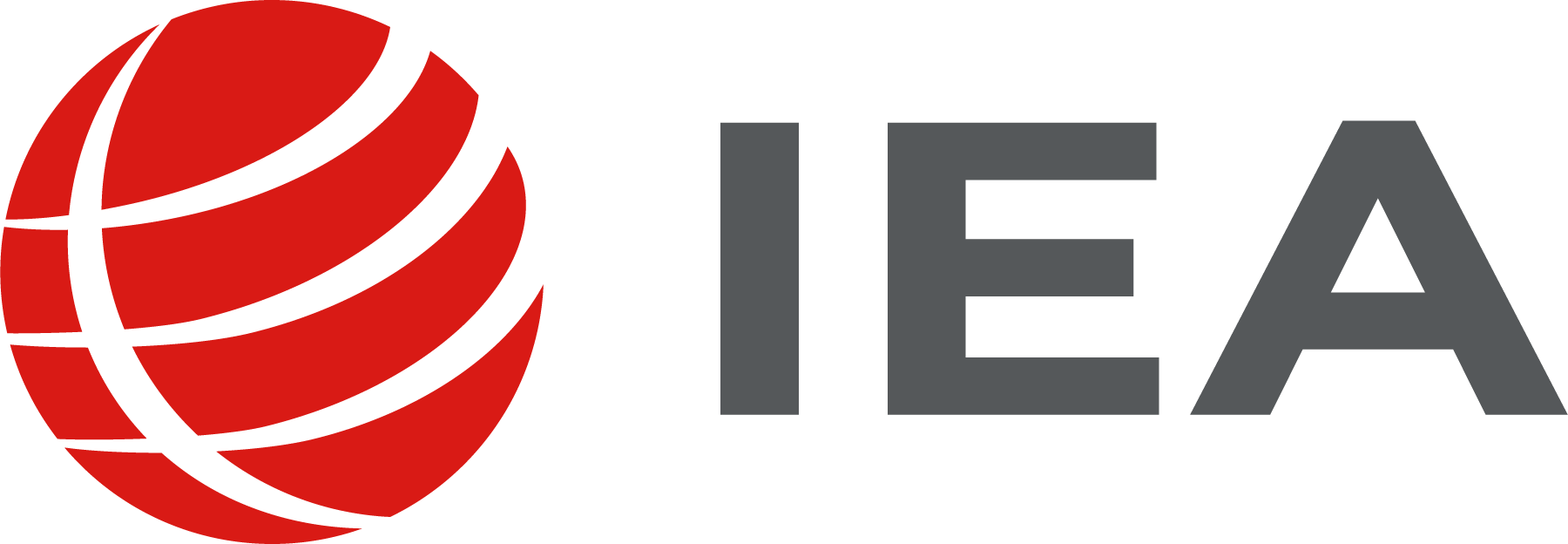LaNA, the IEA’s Literacy and Numeracy Assessment, is targeted to students at the end of primary school in low- and middle-income countries (LMICs) and delivers high-quality data identifying strengths and weaknesses in education systems as a basis for evidence-based education policies.
LaNA aims to bring together internationally comparable data demonstrating strengths and weaknesses of primary education systems in literacy and numeracy achievement based on a more flexible assessment framework than existing international large-scale assessments. In doing so, LaNA will reveal the characteristics of successful students and schools, offering the possibility for national policy interventions and targeted improvement strategies. As a short basic assessment at the end of primary school, LaNA is intended for countries where IEA’s TIMSS and PIRLS may be too difficult or unfeasible to implement.
For developing education systems who participate in LaNA, the study can serve as a stepping stone for participation in future TIMSS and PIRLS cycles. Participation in LaNA provides education systems with valuable experience in assessment planning, design, implementation, administration and reporting. LaNA is designed so that student achievement finally may be linked to the TIMSS/TIMSS Numeracy 2015 and PIRLS/PIRLS Literacy 2016 assessments. Therefore, by participating in LaNA, education systems will have the opportunity to compare their students' numeracy and literacy achievement on an international scale.
The administration of LaNA provides participating countries with valuable experience in standardized international assessment, implementation of the assessment procedures, and capacity building in planning and administering assessments and reporting outcomes. Participation will provide literacy and numeracy achievement data in both a national and internationally comparable context, allowing for the identification of characteristics of successful students and schools. Furthermore, conducting student assessment will enable countries to:
- Provide literacy and numeracy achievement data in both a national and globally comparable context
- Obtain an indication of the number of students reaching national and international benchmarks in basic literacy and numeracy
- Develop a profile of the country’s strengths and weaknesses in reading and mathematics teaching and learning
- Identify the characteristics of successful students and schools
- Obtain information that can reveal important policy relevant variables, relationships between background characteristics and achievement between regions within a country, and allow comparisons with other countries.
IEA are seeking countries to participate and contribute to the validation of the LaNA assessment instruments. The objective of the proposed administration is to collect sufficient data to establish a psychometrically sound linkage of LaNA to IEA’s TIMSS and PIRLS. This link will provide participating countries (as well as future countries administering LaNA) an indication of the percentage of their students achieving a minimum proficiency level in reading and mathematics and, therefore, a means to monitor progress towards Sustainable Development Goal (SDG) 4.1.1b (i.e., the proportion of children achieving at least a minimum proficiency level in reading and mathematics at the end of primary education).
IEA will cover all costs towards the development, international preparation, data processing, and evaluation of the study; therefore, no international fees will be applicable for participating countries for this proposed administration of LaNA. For country enrollment, please contact IEA Amsterdam Director, Dr Andrea Netten (see right). Detailed information about the LaNA linking study, costs and timelines involved are available in the information package and formal invitation letter below.
LaNA was developed by the TIMSS & PIRLS International Study Center, Lynch School of Education, Boston College, United States and implemented in partnership with IEA. IEA welcomes potential partners and donors interested in helping emerging economies to implement capacity building in education.

